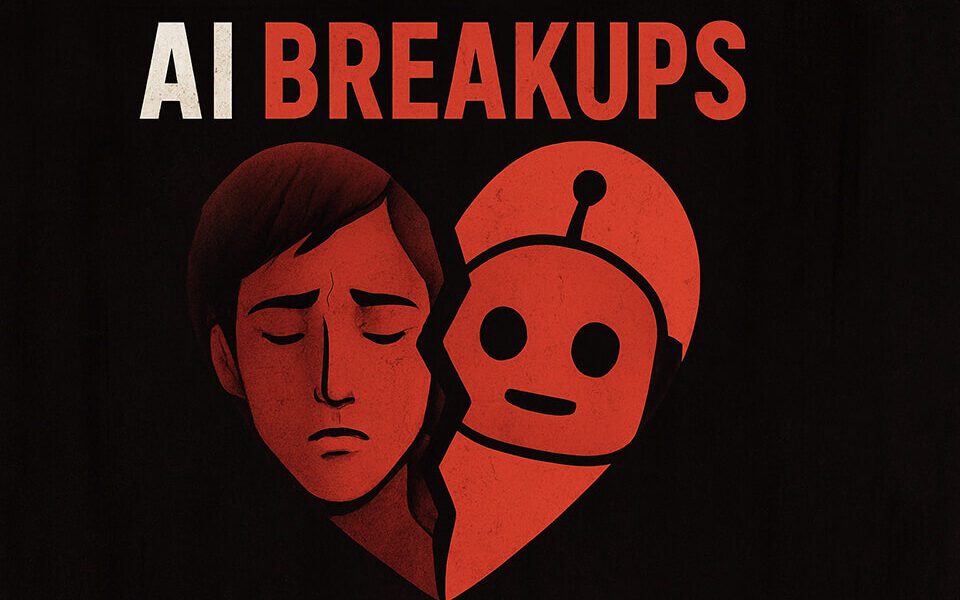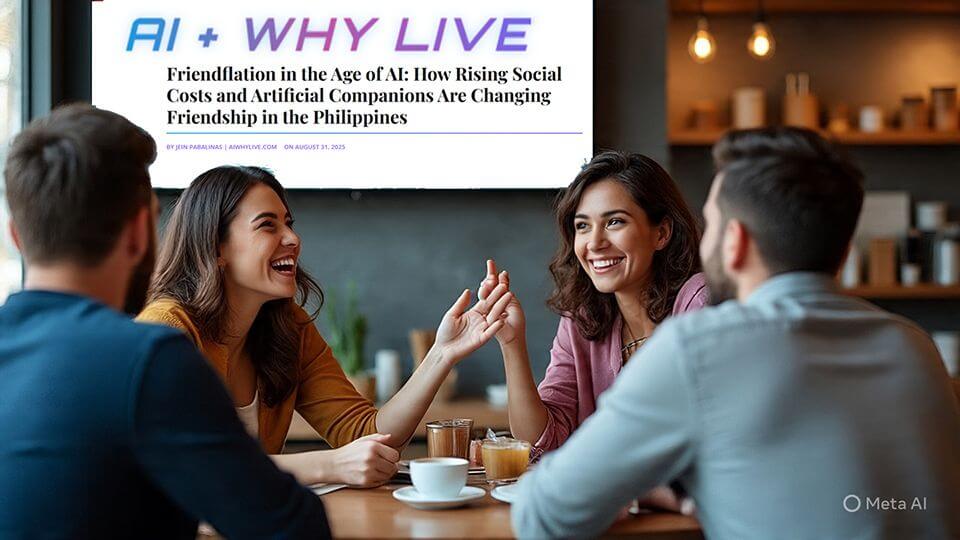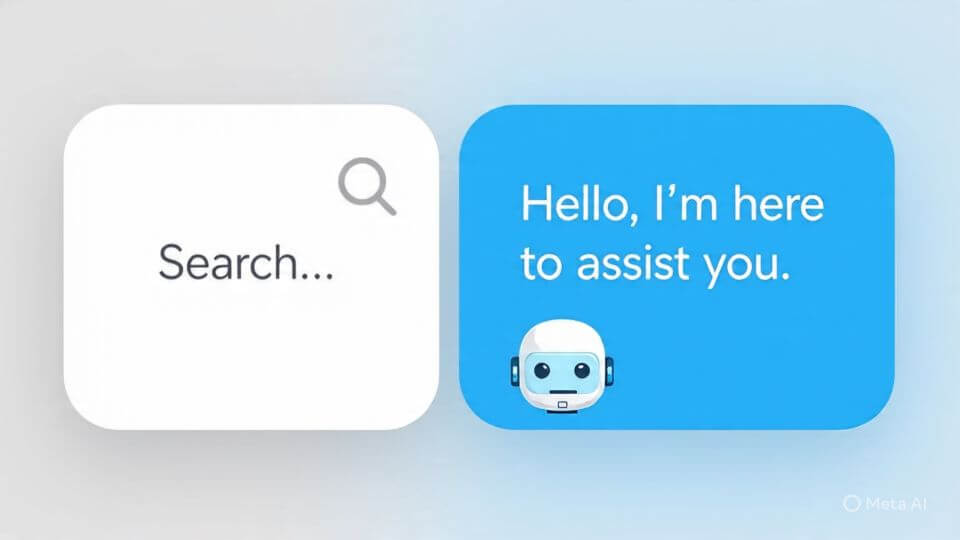In the age of AI, love is no longer just about candlelit dinners, surprise chocolates, or late-night video calls. More people—especially Gen Z—are forming connections with AI-powered companions. Some are even walking away from human partners because the chatbot “understands them better.” It sounds like a sci-fi plot, but it’s already happening.
When AI Becomes the Third Party
Think about this: your boyfriend or girlfriend ignores your messages but spends hours chatting with an AI “girlfriend” who never nags, never complains, and always replies sweetly. In Filipino slang, that’s parang may kabit—but digital.
This isn’t just a joke anymore. In the US, Japan, and even parts of the Philippines, users admit they’ve broken up because their partner preferred the comfort of an AI companion.
Why It Happens
- AI doesn’t judge. It listens, comforts, and responds exactly how you want.
- 24/7 availability. Unlike people, AI never sleeps, never gets tired.
- Personalization. Over time, it learns your quirks and habits, making the illusion of love stronger.
For someone struggling with loneliness or conflict in real relationships, AI can feel like a safe escape.
But at What Cost?
The danger lies in replacing real intimacy with programmed affection. Relationships thrive on imperfections—arguments, misunderstandings, and making up afterward. AI removes that friction, but also the growth that comes with it.
Pinoy parents would probably ask: “Anak, paano ka magkaka-pamilya kung chatbot ang ka-date mo?” It’s funny, but it cuts deep. If entire generations choose AI over people, what happens to marriage, family, and society?
ELI12: Too Cryptic? Let’s Break It Down
Imagine your best friend suddenly prefers hanging out with a video game character who always agrees with them. You’d feel left out, right? That’s what happens when someone chooses AI over a real partner.
Or think of it like this: loving a chatbot is like hugging a pillow. It feels nice, but it’s not alive, it won’t hug you back, and it can’t make decisions on its own.
The Debate
- Pro-AI Love: Safer, judgment-free, great for people battling loneliness.
- Anti-AI Love: Fake intimacy, risks breaking real human bonds, could reshape Filipino family values.
Where do you stand? Is falling in love with AI harmless fun, or is it a red flag for the future of human connection?
Conclusion
AI companions are here to stay, but whether they replace real love depends on us. Just because an app can make you feel cared for doesn’t mean it can replace the messy, beautiful chaos of human relationships.
Maybe the bigger question is this: In the future, will breakups be less about “he cheated with another girl” and more about “he left me for a chatbot”?







